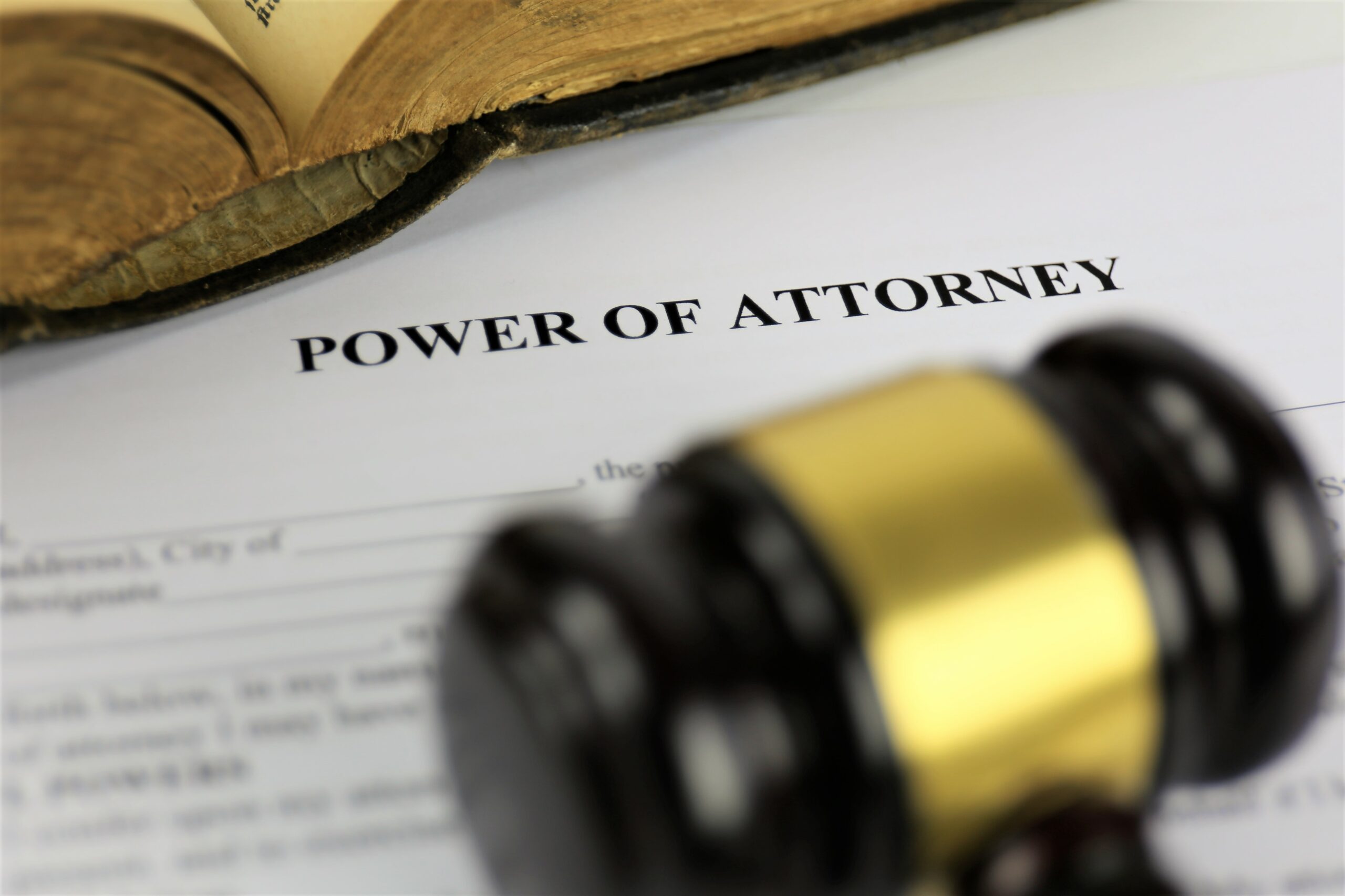Is Trazodone Linked to Daytime Drowsiness or Falls?
**Is Trazodone Linked to Daytime Drowsiness or Falls?**
Trazodone, a medication often prescribed for insomnia and depression, is known to cause drowsiness. This effect can sometimes lead to daytime grogginess or increase the risk of falls, particularly in older adults or those taking higher doses. Here’s what you need to know:
**Daytime Drowsiness**
Many people experience morning drowsiness when starting trazodone[1][2]. The sedative effect that helps with sleep can linger into the next day, especially if taken too close to waking hours. Over time, this side effect often lessens as your body adjusts[2]. To reduce next-day sleepiness:
– **Take it earlier in the evening** (e.g., 8–9 PM instead of right before bed).
– **Avoid alcohol**, which worsens drowsiness[2].
– **Stick to lower doses** unless your doctor advises otherwise[3][5].
**Fall Risk Factors**
Drowsiness isn’t the only concern—trazodone can also cause dizziness or blurred vision[3], increasing fall risks. Older adults are particularly vulnerable due to age-related balance issues and slower medication metabolism[5]. If you feel unsteady after taking trazodone:
– **Rise slowly from sitting or lying positions**.
– **Use nightlights or grab bars** for safety at night.
– **Discuss dose adjustments** with your doctor if symptoms persist[3][5].
While most side effects are mild and temporary, severe reactions like confusion or extreme dizziness warrant immediate medical attention[5]. Always consult a healthcare provider before changing how you take trazodone.





